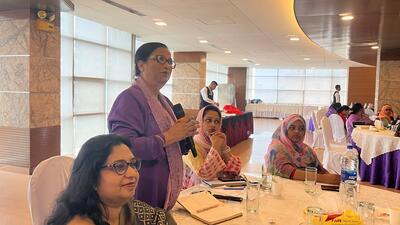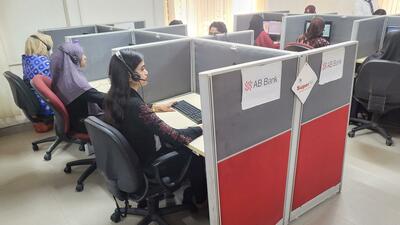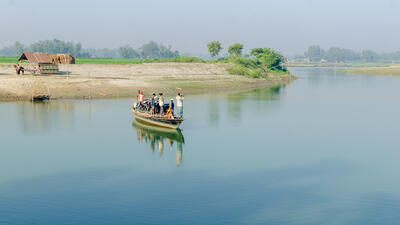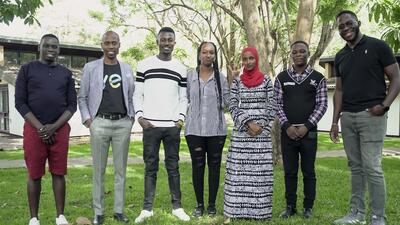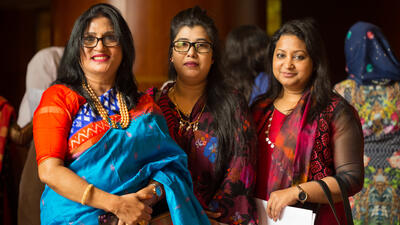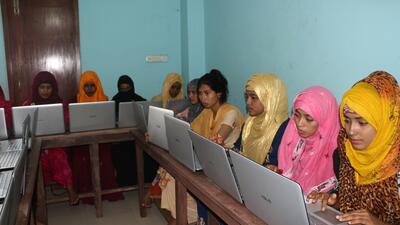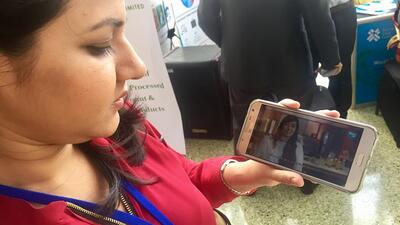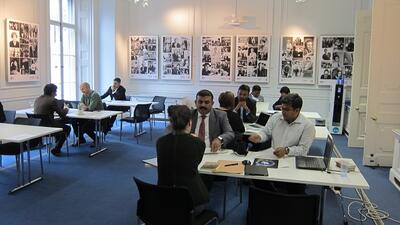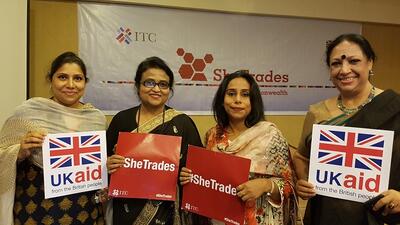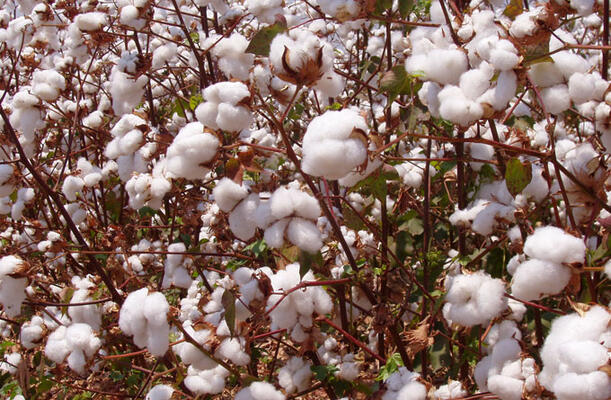
ITC training boosts Tanzanian cotton exports
The International Trade Centre (ITC) has assisted in the training of more than 1,100 cotton farmers and gin operators in the United Republic of Tanzania in contamination reduction. The training is part of a larger approach to build partnerships between cotton producers (ginners) and cotton consumers (spinners).
The training took place from 30 August to 14 September in the East African country. Workers from various ginning companies learned to produce cotton with fewer or no contaminants from trainers representing two Bangladeshi spinning mills, Square Textiles and Viyellatex. The majority of the participants were farmers.
The visit was jointly organized by ITC, the Tanzania Cotton Association, the Tanzania Cotton Board, as well as two selected pilot ginning companies, namely Afrisian Ginning Ltd. and SM Holding.
The purpose of the training programme is to make cotton producers and ginners aware of the consequences of contamination, then teach them to identify it and eliminate or lower it to levels that are acceptable to clients. Cotton with fewer contaminants is more competitive in global markets, resulting in higher incomes for producers.
Analysis of Tanzanian cotton showed that it has good fibre characteristics, but because of high levels of contaminants, the cotton is either rejected or sold at discounted prices.
Initial results
The Tanzanian ginners have already begun taking action to reduce contamination levels in their cotton by banning polypropylene on the factory floor, increasing the number of workers picking seed-cotton contaminations and holding regular inspections of finished lint bales to determine contamination levels.
Both Afrisian Ginning Ltd. and SM Holding implemented changes and realized substantial improvements, reducing the amount of contaminants found by up to 63%. When contamination levels are further reduced and spinners begin recognizing the higher quality of the cotton, price premiums of US$ 0.01 to 0.03 cents per pound could be achieved.
Representatives of six ginneries and staff members of the Tanzania Cotton Board shared initial results at a workshop in Mwanza, with the goal of engaging more ginneries in the process. At least two ginneries showed serious interest and were willing to cover their own costs.
Tanzanian ginners have so far sold 4,500 bales to Bangladeshi spinners. The ginners, who also operate gins in Malawi, sold an additional 1,500 bales of Malawian cotton. Spinners showed interest in offering additional training sessions and increasing the amount of cotton they buy from African ginners.
Long-term changes at the ginneries include the introduction of a quality-assurance system and a dedicated staff to control contamination levels at the factories.
Looking forward
There are plans to hold training sessions on marketing, international cotton pricing and logistics in other Eastern and Southern African countries in November. ITC is planning a trip for spinners to visit ginneries in India, in order for them to study the operations of high-quality ginners that have used new mechanisms and machines to reduce contamination levels.
Next year, spinning factories in Asia will offer training for quality managers at ginneries. There will also be a marketing visit to other Asian countries early next year..
By facilitating this type of cooperation between African cotton exporters and Asian spinners, ITC works to build transparency within the production chain and build long-term partnerships. This cross-border cooperation is part of the African Cotton Promotion component of the European Development Fund 10 cotton project.




